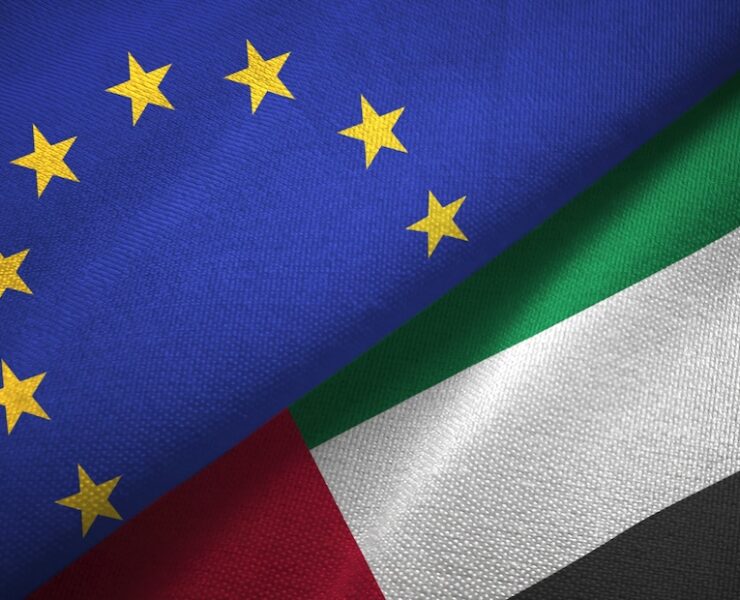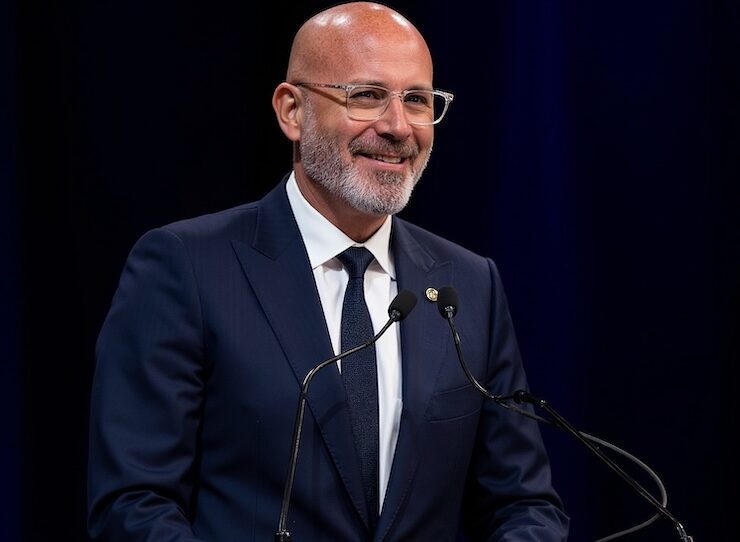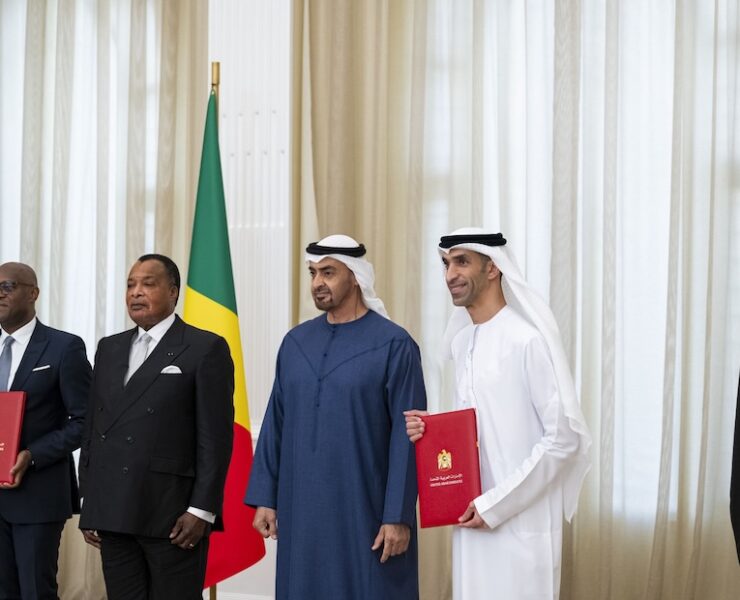Revealed: Top 50 GCC banks in 2016
Gulf Business reveals the 50 biggest banks in the GCC as ranked by asset size

Against the background of a challenging regional and global business environment, the GCC banking sector has remained solid.
Despite static returns in 2015, the vast bulk of banks still recorded growth in both assets and Net profit year-on-year. Net profit for the sector was up by 7 per cent against 14 per cent in the previous year and although all GCC economies recorded reasonable economic growth in 2015 – with the exception of Kuwait where growth was minimal – business and retail activity was dampened by the fall in the oil prices and its knock-on impact on investor and consumer sentiment.
(View the complete list of the Top 50 GCC banks here)
However, in most Gulf countries the non-oil sector continued to strengthen, helping to make up for the downturn in oil revenue. There were slightly tighter market liquidity conditions in the banking system due to the outflow of some government deposits and some asset quality problems were seen at the retail and small and medium sized enterprise sectors, although they remain easily manageable.
Bank financial fundamentals are sound. Capital ratios are solid and a number of banks issued new Tier 1 and Tier 2 type capital securities in 2015 as part of the Basel III framework – reform measures designed to improve regulation, supervision and risk management in the sector. The issue of capital securities has continued in 2016 with
banks strengthening balance sheets to support growth going forward.
Loan asset quality deteriorated slightly in 2015, which led to higher provisions in some markets. Provision expenses increased the most in the Kingdom of Saudi Arabia, followed by Kuwait and the UAE. The third and fourth quarters of 2015 were particularly difficult ones for most Saudi banks and provision expenses for Qatari banks fell during the year.
Overall, looking on a quarter-by-quarter basis in the final quarter of 2015, provisions were higher which led to a fall in profits for GCC countries for that period. However, on the positive side, banks have good cover against loan losses.
(View the complete list of the Top 50 GCC banks here)
Growth in assets and profit maintained but at a lower rate
The GCC banking sector recorded higher profit, total assets and equity in 2015 but all at reduced rates compared to 2014.
In total, 13 of the top 50 GCC banks recorded lower profit in 2015, compared to six in 2014 – reflecting increased pressure. Some 17 (28 in 2014) recorded double digit increases.
Improved profits for Gulf banks last year were driven by expanding loan asset growth and rising levels of non-interest income including fees, as well as commission from expanding banking activities.
Islamic financial institutions in the GCC performed well and their balance sheet and profit growth exceeded that of conventional banks in the region. For assets, the growth was slightly above that of conventional banks but their net profit rose by a combined 13 per cent in 2015.
Looking ahead
Banking performance in terms of profitability throughout 2016 is likely to remain flat as low oil prices dampen economic growth and in turn hit demand for financing and investment.
Lower liquidity in the system will also have a slight negative impact on margins and growth but bank returns this year should remain sound with loans in the sector increasing as gross domestic product growth continues. However, there will be regional differences with banks in Saudi facing the most challenges in terms of earnings.




